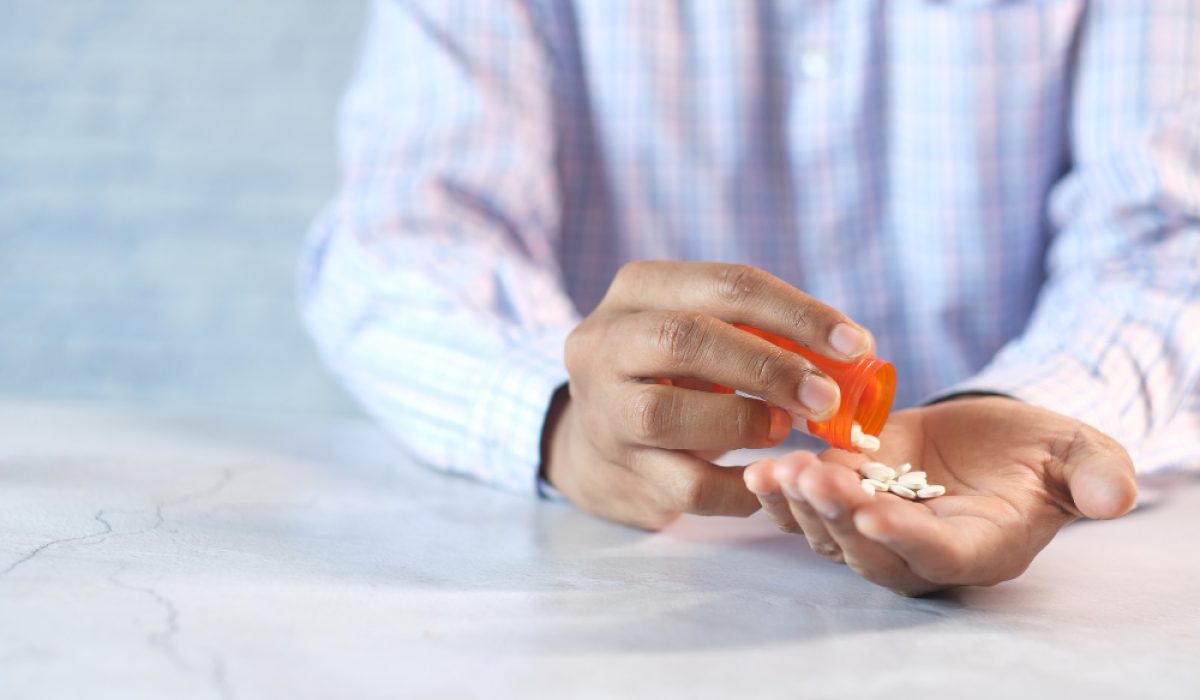Antibiotics have changed how we handle illnesses. They help fight some dangerous infections. But when not used well, these medicines can cause trouble. This misuse of antibiotics is called antibiotic abuse. It’s something everyone should know about.
Antibiotic abuse happens when people take these drugs when they aren’t needed or in the wrong way. Doctors and patients both have important roles to play in using antibiotics correctly. In this blog, we’ll look at what the abuse of antibiotics means and why it matters.
We’ll talk about: – What is antibiotic abuse and its effects? – The role of healthcare and the importance of using antibiotics the right way. – Myths about antibiotics. – Tips for responsible antibiotic use.
Understanding these topics can help use antibiotics safely and effectively.
Recognizing the Problem: Understanding and Causes of Antibiotic Abuse
Antibiotic abuse is a common problem today. It happens when people misuse antibiotics, often without realizing it. This misuse might happen when people self-medicate or when they get the wrong prescriptions from healthcare providers.
Causes of Antibiotic Abuse
1. Lack of Awareness: Many people don’t know when to use antibiotics correctly. They think these medicines work for colds or flu, which are usually caused by viruses, not bacteria. 2. Pressure on Doctors: Sometimes, patients push doctors to prescribe antibiotics even when they’re not needed. Doctors might feel pressure to keep their patients happy. 3. Easy Availability: In some places, antibiotics can be bought without a prescription, making it easy for people to misuse them.
Here’s a real-life example to understand better: A group in India faced severe issues because they used antibiotics in the wrong way. People took these medicines for headaches, without consulting a doctor. Over time, the misuse led to complications, needing serious medical attention.
It’s clear that antibiotic abuse isn’t limited to one place. It can happen anywhere when there’s a lack of knowledge or oversight. By understanding the causes, it’s easier to avoid misusing these crucial medicines.
The Impact: Consequences of Antibiotic Abuse
The overuse and misuse of antibiotics have serious consequences. Antibiotic abuse leads to problems that affect not just individuals but also communities and the world.
Consequences
- Antibiotic Resistance: This is one direct result of misuse. When bacteria get used to antibiotics, they stop responding to these drugs. This makes infections harder to treat.
- Health Risks Increase: Misusing antibiotics can lead to longer hospital stays. Patients might develop additional infections as well.
- Agriculture’s Role: Using antibiotics in agriculture is another misuse. Farms often use antibiotics to make animals grow faster. This can result in resistant bacteria spreading into our food supply.
How Does Resistance Spread?
The use and abuse of antibiotics in agriculture can harm public health. Resistant bacteria from farms can find their way to consumers through food. Here’s how: 1. Antibiotics are given to healthy animals, leading to resistant bacteria. 2. These resistant bacteria can contaminate meat and other animal products. 3. People eat these products and might ingest the resistant bacteria. 4. These bacteria can transfer to humans, causing difficult-to-treat infections.
By understanding the abuse of antibiotics and its effectiveness on the health system, we can see why proper use is necessary. Addressing misuse in agriculture is as important as guiding individuals to use antibiotics responsibly.
Taking Action: The Role of Healthcare and Individuals in Combating Misuse
Healthcare professionals can greatly impact how antibiotics are used. Doctors, nurses, and pharmacists all contribute to fighting antibiotic abuse and resistance.
Steps for Professionals
- Responsible Prescribing: It’s crucial that doctors only prescribe antibiotics when they’re really needed.
- Education: Health professionals should inform patients about the right way to use antibiotics.
India, for example, has various efforts in place to improve antibiotic regulation. Yet, there’s room for stronger rules. Enhancing these can help curb the use and abuse of antibiotics.
Dispel Myths
Common myths include ideas like antibiotics work on viral infections. Clarifying this: antibiotics are pivotal against bacteria, not viruses. Misunderstanding of their role in treating minor illnesses often leads to their misuse.
Guide for the Public
Here are some tips to help ensure responsible antibiotic use: – Follow Doctor’s Orders: Take antibiotics exactly as your doctor tells you. – Don’t Self-Medicate: Always ask a doctor before using antibiotics. – Complete the Course: Finish the full course of antibiotics even if you feel better. – Don’t Demand Antibiotics: Trust your doctor’s judgment if an antibiotic isn’t needed.
By comprehending the impact of the abuse of antibiotics, everyone can play a part in keeping themselves and others safe.
Understanding antibiotic abuse is crucial for safeguarding health. Knowing the dangers and how to use antibiotics properly ensures these vital medicines remain effective for years to come.
